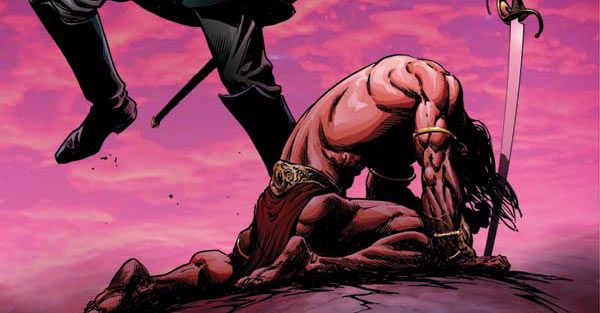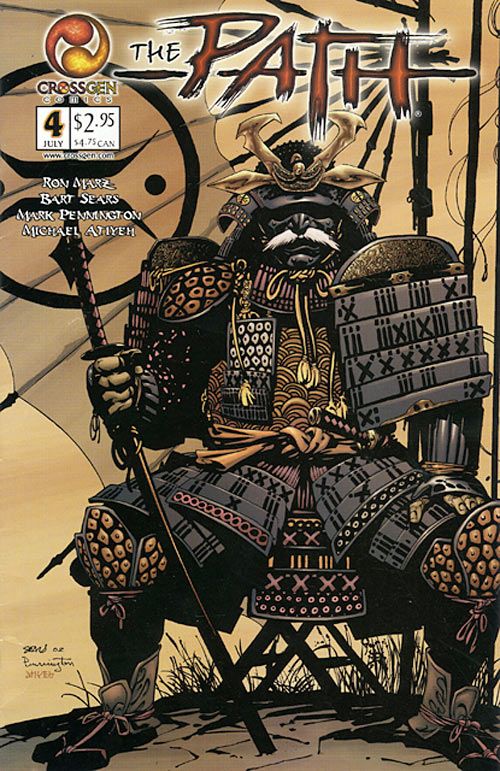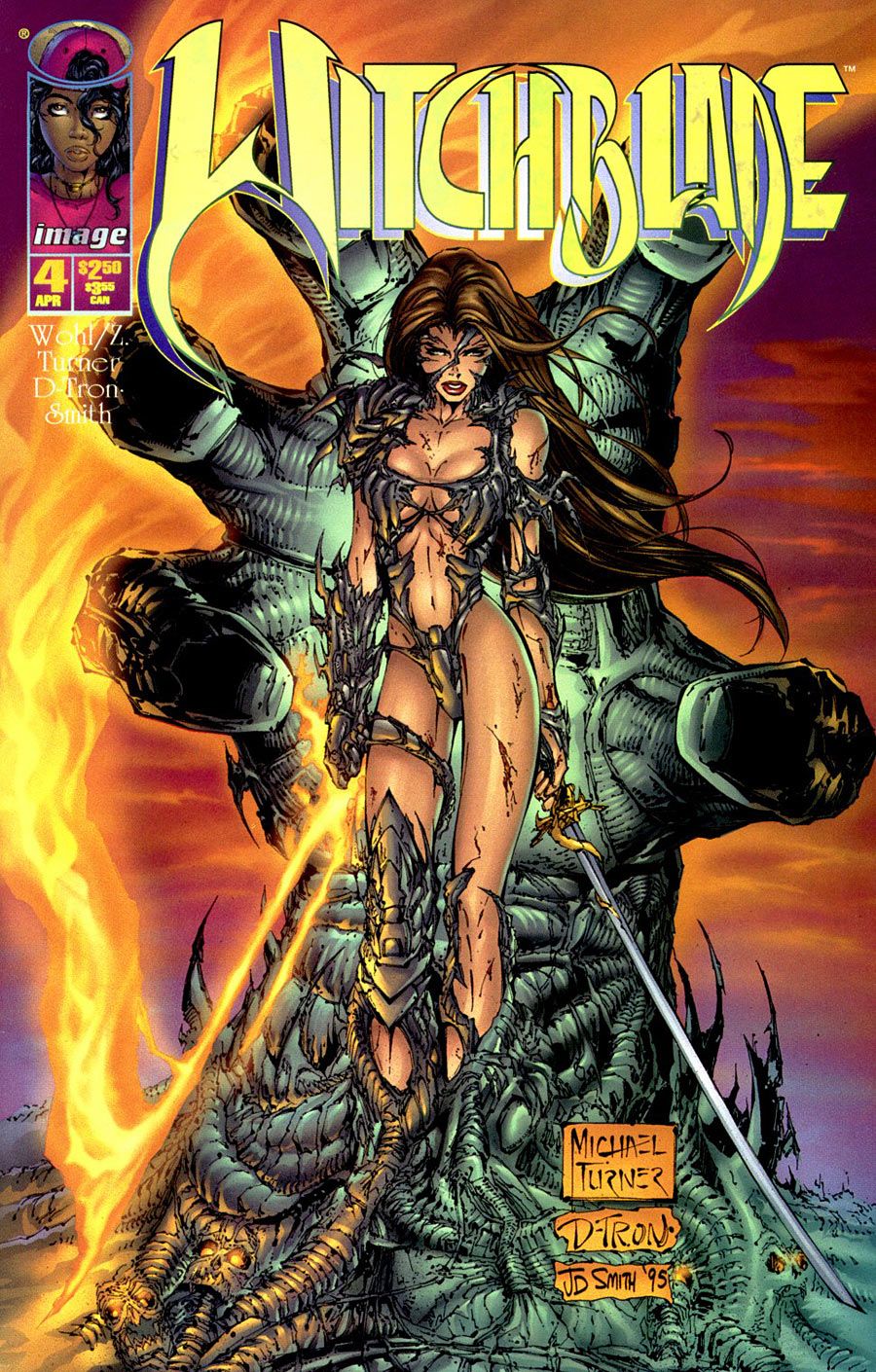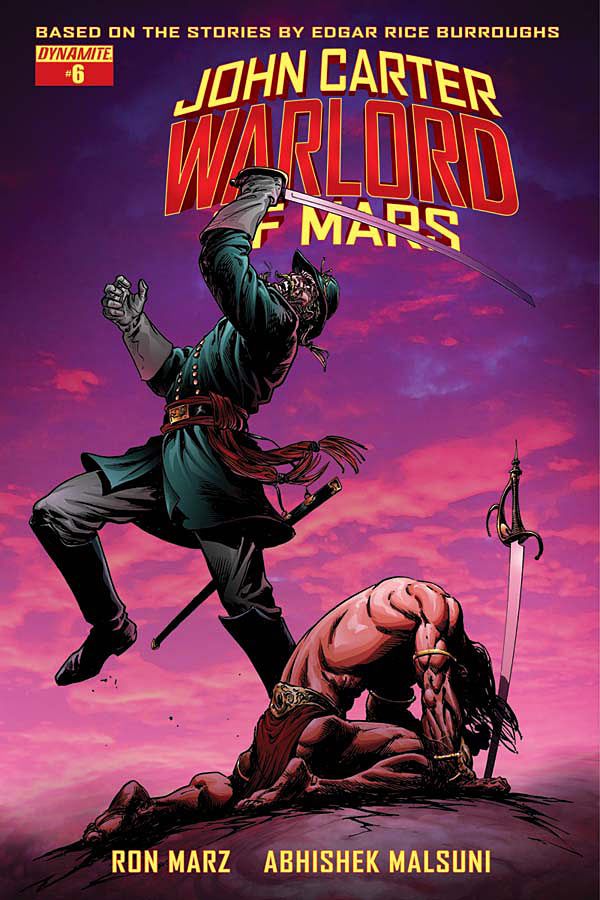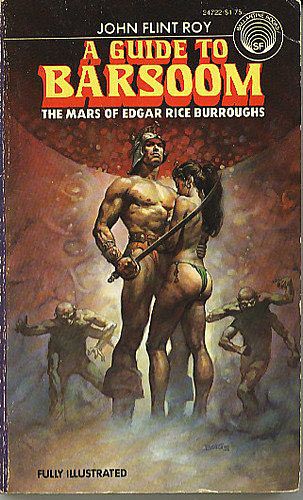Mistaking Researching for Writing
I recently got an e-mail via my website from someone asking about research in relation to writing. I'm paraphrasing here, but the question was about how much research for a writing project is enough. Or more specifically, how much research for a writing project is too much.
The writer of the e-mail mentioned two projects he was working on. For one, he'd spent six months doing research, gathering reference, trying to learn everything about his subject. But thus far, he'd done no actual writing other than his notes. For the other, he'd done virtually no research, and just started writing. He wound up with a lot of writing, but none of it had any shape, and in his estimation, none of it was very good.
Research is a two-edged sword. Plunging into it can make you believe you're actually doing work, that you're buckling down and getting your writing done. Research is easy. Research can be fun, leading you down rabbit trails and rewarding you with arcane knowledge.
The danger, of course, is thinking that researching is writing. It's not. Writing is writing. Research is all prelude, the equivalent of dipping your toe in the pool but never jumping into the deep end for a swim.
But the other side of the coin is that if you don't do enough research, your writing can be vacuous, without a sense of verisimilitude. Writing fiction is essentially making up stuff... but you don't want the audience to realize you're making up stuff. The audience has to believe, particularly if you want the audience to be fully engaged.
So where's the line? How much research is enough? After more than two decades of writing fiction, I've come to believe the answer is "Enough to fool the audience into thinking you did a lot more research." In fiction, the veneer of truth, of believability, is more important than absolute accuracy. It's more important that something feels true than for something to be verifiable fact. It's more important that the audience believes, rather than giving you a gold star for doing your homework.
Which isn't to say that research is unimportant. When I wrote "The Path" for CrossGen, I went on a shopping spree for books on samurai culture, arms and armor. I used those same books, and plenty more purchased in the interim, when Luke Ross and I did "Samurai: Heaven and Earth" for Dark Horse. I wanted to give those stories a sense of authenticity, but not a slavish account of the details of samurai life. No one wants a book report, they want a story. You should never write to show off how much research you've done, how much knowledge you've collected. Stories aren't accumulations of details.
Invariably, when I'm doing a signing, someone asks something akin to, "When you start writing a series, do you have to read all the previous issues?" Invariably, the answer is no.
You have to be familiar enough with the material, and especially the characters, that you're not repeating what's come before, or writing anyone substantially out of character. But wallowing in what's come before often leads to telling stories about other stories, rather than telling stories that come from the characters.
I've never been a fan of comic storylines that seem to be excuses to stitch together arcane bits of continuity into a cohesive whole. They seem less like stories and more like checklists of minutiae. It leads to insular storytelling, appealing to the hardcore audience, but serving as a barrier to everyone who's not already a fan. Tell stories for the audience you want -- which I suggest should be everybody -- rather than the audience you have.
When the offer to write "Witchblade" was made to me, I'd never read an issue of the series in my life. Top Cow sent me a box with every issue that had been printed, over 70 of them to that point. I read a chunk of them, got a sense of who Sara Pezzini was, what her world was like, the cast around her. Then I skimmed the rest, because I was more interested in figuring out what new stories I wanted to tell about Sara and the Witchblade, rather than absorbing all the details of the stories that had already been told. More than 80 issues later, I'm still at it.
When I finally got my chance to write the "John Carter: Warlord of Mars" series for Dynamite, I didn't go back and re-read all the Barsoom novels by Edgar Rice Burroughs. I read synopses to jog my memory, but I was more interested in capturing how I felt about those stories when I first read them, rather than the specifics of those novels.
I did go to eBay to buy a copy of John Flint Roy's "Guide to Barsoom," a paperback book I had as a kid, so I had reference handy when I needed to look up things like incidental characters, animal species, plants, locations. I've also been making liberal use of the Encyclopedia Barsoomia Wiki. Unlike when I started my career, research is now a Google search away. The information available at your fingertips is staggering, so there's not much excuse for getting something wrong.
But again, the research is to get the details right, not necessarily for inspiration. The villain for our first "John Carter" arc is not someone from the Burroughs canon. Instead, it's a character made up from whole cloth, Union Captain Joshua Clark, intended to be John Carter's equal and opposite. Certainly, we could have pulled a villain from established continuity. It would've been neat and tidy, and satisfied the purists. But it also would've been lacking in the very thing that was the hallmark of Edgar Rice Burroughs: imagination.
Depending too heavily upon research can be the death of imagination, or at least the submersion of it. One of the gifts of writing fiction is making it up. Revel in it.
Research is one of the Goldilocks aspects of writing. There can't be too much, there can't be too little, it has to be just right. And no matter what, story always comes first. Your research is there to support your story, never the other way around.
Ron Marz has been writing comics for two decades, and thinks it's pretty much the best job ever. His current work includes "Witchblade" and the graphic novel series "Ravine" for Top Cow, "Skylanders" for IDW, "John Carter: Warlord of Mars" for Dynamite, "The Protectors" for Athlitacomics, and Sunday-style strips "The Mucker" and "Korak" for Edgar Rice Burroughs, Inc. Follow him on Twitter (@ronmarz) and his website, www.ronmarz.com.

